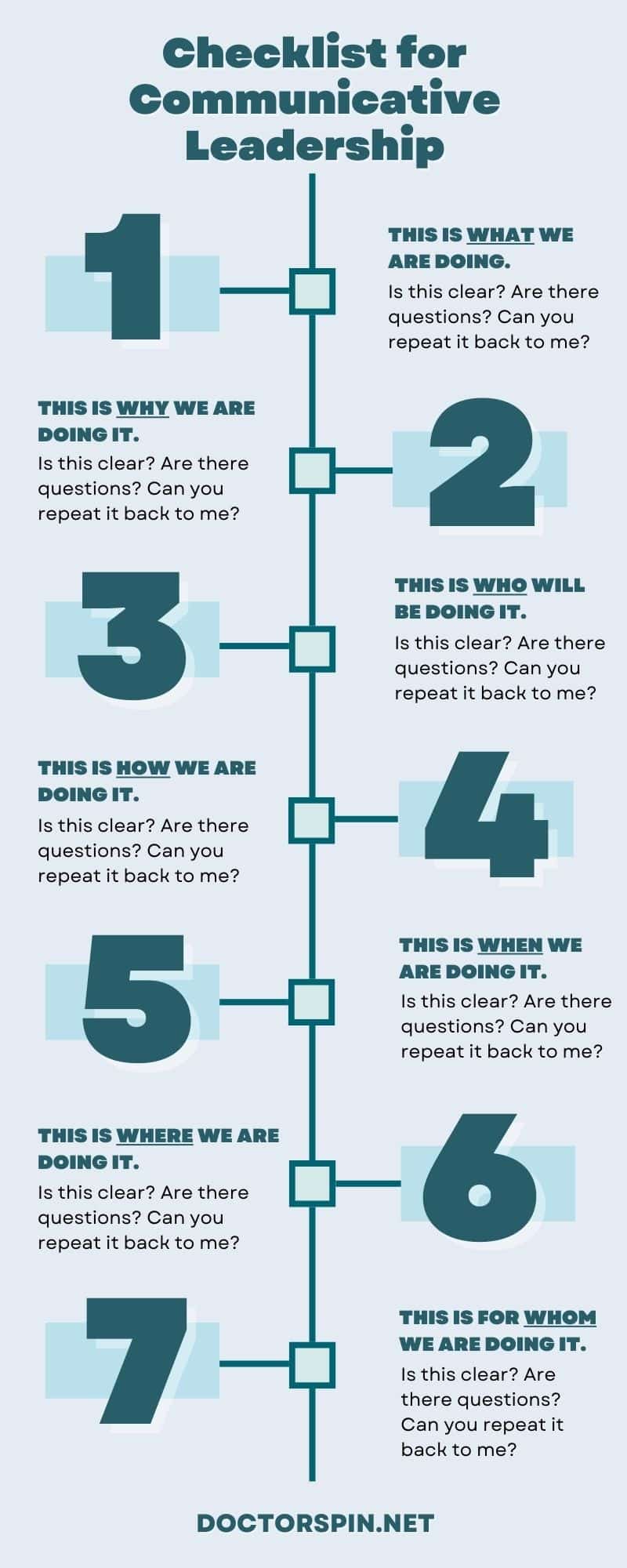These are some communication skills everyone should learn.
I’ve been working with strategic communications since 2005. Before that, I studied Public Relations and Linguistics at the Mid Sweden University.
But communication isn’t just a professional endeavour. Everyone uses communication every day, all the time. And there are some basic communication skills that everyone should learn.
Here we go:
Communication Skills: Active Listening
Spin Academy | Online PR Courses
Communication Skills: Active Listening
Active listening is a cornerstone communication skill that enriches personal and professional relationships by fostering a deeper understanding and connection between people. It involves fully concentrating on, understanding, responding to, and remembering what is being said.
In everyday life, active listening enhances empathy and understanding, reduces conflicts, and improves problem-solving capabilities. It turns communication into a two-way street, where feedback flows seamlessly, ensuring all parties feel heard and valued.
Active listeners can create a more meaningful exchange of ideas, feelings, and information by truly engaging with the speaker, which is vital for building trust and strengthening bonds.
To become a better active listener, consider these five tips:
By honing your active listening skills, you can significantly improve your interactions and relationships, making every communication more productive and meaningful.
Learn more: Communication Skills (That Everyone Should Learn)
💡 Subscribe and get a free ebook on how to get better PR.

Communication Skills: Small Talk
Spin Academy | Online PR Courses
Communication Skill: Small Talk
Small talk is an essential communication skill in everyday life, acting as the social glue that initiates deeper conversations and connections between individuals. It’s the art of engaging in light, casual conversation about common, non-controversial topics, which is crucial for building rapport and trust in personal and professional settings.
Small talk lays the foundation for relationships, eases the awkwardness in new encounters, and creates a friendly atmosphere that can lead to more significant, meaningful exchanges.
By mastering small talk, individuals can navigate social situations more comfortably, open doors to new opportunities, and foster a sense of community and belonging.
Here are five tips to become a better small talker:
By employing these tips, you can improve your small talk skills, making everyday interactions more pleasant and fruitful, and paving the way for deeper connections.
Learn more: Communication Skills (That Everyone Should Learn)
💡 Subscribe and get a free ebook on how to get better PR.

Communication Skills: Presenting Slides
Spin Academy | Online PR Courses
Communication Skill: Presenting Slides
Presenting slides effectively is a valuable communication skill that extends beyond the boardroom into everyday life. Organising your thoughts into slides not only clarifies your message for your audience but also aids in structuring your understanding of the material.
Whether at work, a community meeting, or even a family gathering, conveying information through slides can significantly impact how your message is received.
For nervous presenters, slides serve as a visual aid and cue card, reducing anxiety and improving delivery. Furthermore, well-designed slides enhance comprehension, making it easier for the audience to grasp complex concepts or data.
Here are five tips to become a better slide presenter:
By embracing these tips, you can elevate your slide presentation skills, making your communication clearer, more persuasive, and impactful, regardless of the setting or subject matter.
Learn more: Communication Skills (That Everyone Should Learn)
💡 Subscribe and get a free ebook on how to get better PR.

Communication Skill: Asking Questions
Spin Academy | Online PR Courses
Communication Skill: Asking Questions
Asking follow-up questions is a critical communication skill that enriches conversations and deepens understanding in everyday life. It demonstrates active listening and genuine interest in the speaker’s perspective, fostering a more meaningful dialogue.
Whether in personal relationships, professional settings, or casual encounters, the ability to ask insightful follow-up questions encourages openness, clarity, and connection.
This skill is particularly effective when guided by the Socratic Method, which uses probing questions to stimulate critical thinking and illuminate ideas. Conversations move beyond surface-level exchanges by engaging in this manner, allowing participants to explore topics more profoundly and collaboratively. 1Socratic method. (2024, January 11). In Wikipedia. https://en.wikipedia.org/wiki/Socratic_method
Here are five tips to become better at asking follow-up questions:
Mastering the art of asking follow-up questions enriches communication and strengthens relationships by building mutual respect and understanding. Conversations become more engaging and informative through this practice, offering a pathway to deeper connections and insights.
Learn more: Communication Skills (That Everyone Should Learn)
💡 Subscribe and get a free ebook on how to get better PR.

Communication Skill: Drafting
Spin Academy | Online PR Courses
Communication Skill: Drafting
Drafting, creating, and refining written documents are fundamental communication skills crucial in everyday life. From composing emails and writing reports to crafting personal letters or social media posts, the ability to draft and edit documents ensures clarity, coherence, and effectiveness in conveying messages.
“The first draft of anything is shit.”
— Ernest Hemingway
Many individuals struggle with writing not because they lack ideas but because they underestimate the power of revision. The initial draft is rarely perfect; it’s through revising this draft — transforming it into a second, third, or even fourth draft — that one hones the message, sharpens the language, and strengthens the overall communication.
Developing a habit of drafting and editing allows for exploring ideas, refining thought, and eliminating ambiguity, making the final product more impactful and understood by its intended audience.
To become better at drafting, consider these five tips:
Incorporating these strategies into your writing routine can elevate your drafting skills, leading to precise, compelling, and effective written communication in every aspect of your life.
Learn more: Communication Skills (That Everyone Should Learn)
💡 Subscribe and get a free ebook on how to get better PR.


THANKS FOR READING.
Need PR help? Hire me here.

PR Resource: Checklist for Leadership Clarity
The Checklist for Communicative Leadership
Being a great leader can be daunting. However, with effort (and attention to detail), all leaders can practice expressive and precise communication.
How can you ensure your leadership is expressive and precise in practical situations?
As a rule of thumb:
It’s generally better to “over-communicate” (tolerable added effort) than “under-communicate” (substantial added risk).
Make sure to pass these communicative leadership checks:
“Expressive and precise communication styles have a stronger link to leader outcomes than personality traits extraversion and conscientiousness.”
Source: Human Performance 2Bakker-Pieper, A., & Vries, R. (2013). The Incremental Validity of Communication Styles Over Personality Traits for Leader Outcomes. Human Performance, 26, 1 — … Continue reading
Communicative Leadership (Infographic)
Learn more: The Checklist for Communicative Leadership
Annotations
| 1 | Socratic method. (2024, January 11). In Wikipedia. https://en.wikipedia.org/wiki/Socratic_method |
|---|---|
| 2 | Bakker-Pieper, A., & Vries, R. (2013). The Incremental Validity of Communication Styles Over Personality Traits for Leader Outcomes. Human Performance, 26, 1 — 19. https://doi.org/10.1080/08959285.2012.736900 |



